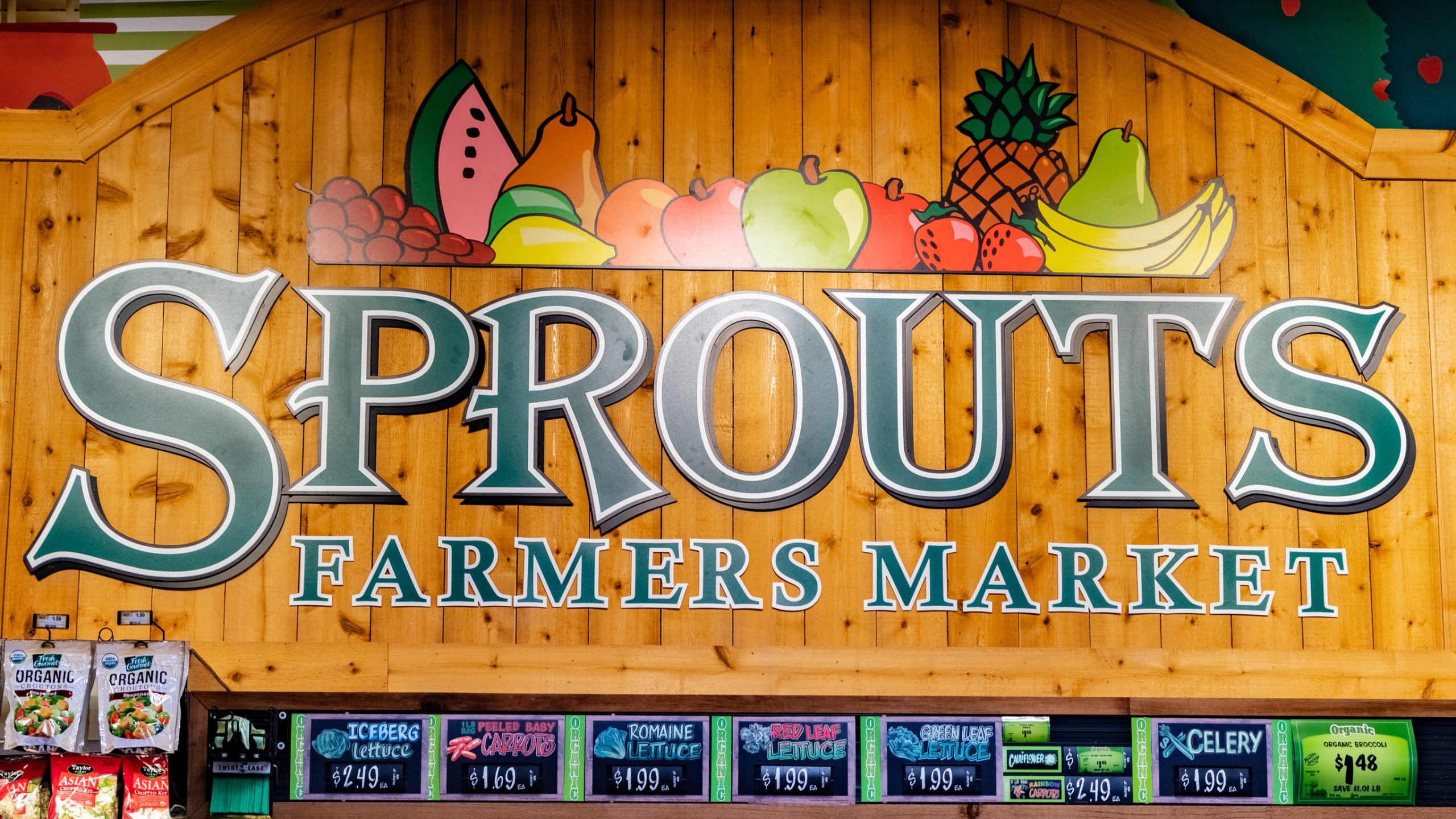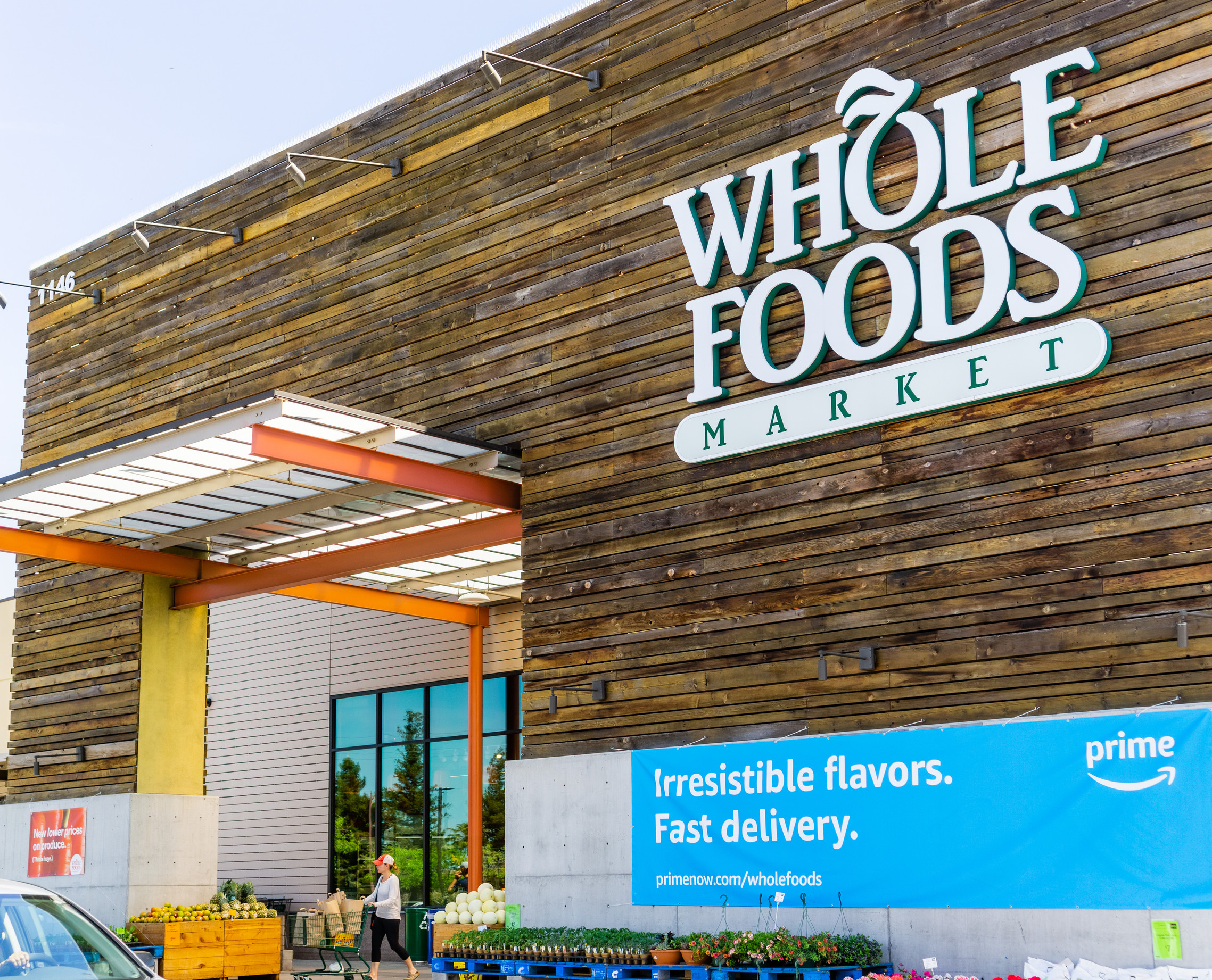If you’ve ever found yourself standing in the parking lot trying to decide whether to shop at Whole Foods or Sprouts, you’re not alone. Both stores offer organic, healthy, and specialty items, but they cater to different types of shoppers in unique ways. Whether you’re a dedicated health nut or just trying to eat a little cleaner, knowing which store delivers the better value, variety, and vibe can save you time and money. From produce to pricing to overall experience, these two health food giants go head-to-head in more ways than one. Let’s break it down so you can decide where your next grocery haul should begin.
1. Price Point: Which Store Stretches Your Dollar?
Sprouts has built a reputation for offering affordable organic and natural foods. You’ll often find lower prices on fresh produce, bulk goods, and private-label items. Whole Foods—often jokingly referred to as “Whole Paycheck”—tends to have higher prices across the board, especially on name-brand wellness products. However, if you’re an Amazon Prime member, Whole Foods offers exclusive deals that can narrow the price gap. Overall, Sprouts tends to win when it comes to affordability, especially for everyday staples.
2. Produce Selection: Who Has the Freshest Fruits and Veggies?

Image Source: 123rf.com
When it comes to fresh produce, both stores are strong, but slightly different in focus. Sprouts highlights its produce section as the star of the show, often placing it right at the front with eye-catching seasonal displays. Whole Foods offers excellent produce as well, with a wider variety of heirloom and specialty options that cater to more adventurous cooks. If you’re looking for unique or exotic fruits, Whole Foods might have the edge. But if your goal is freshness at a lower price, Sprouts is tough to beat.
3. Prepared Foods and Grab-and-Go Options
Whole Foods shines in this category, offering hot bars, salad bars, sushi counters, pizza, and even sit-down cafes in some locations. Their prepared food options feel gourmet and are perfect for lunch breaks or quick dinners. Sprouts does offer grab-and-go meals, but the selection is smaller and more limited to pre-packed sandwiches, salads, and snacks. If convenience and variety are important to you, Whole Foods has the stronger game. That said, Sprouts wins for quick, no-fuss meals on a budget.
4. Product Variety and Specialty Brands
Whole Foods carries an extensive range of specialty and diet-specific products like keto-friendly snacks, vegan cheeses, and gluten-free pastas. It also stocks exclusive partnerships with higher-end organic brands you might not find anywhere else. Sprouts, on the other hand, sticks more closely to essential natural products, although they’ve expanded their inventory over the years. If you’re looking for something specific, like paleo pancake mix or raw cashew yogurt, Whole Foods is more likely to have it. But for everyday health foods, Sprouts holds its own quite well.
5. Store Atmosphere and Layout
Walking into a Whole Foods often feels like stepping into a wellness sanctuary. The lighting is softer, the aisles are wide, and there’s often background music and modern decor. Sprouts has more of a down-to-earth, farmers-market vibe, with wooden crates and bright lighting. Some shoppers find Whole Foods more relaxing and high-end, while others prefer the no-frills, practical layout of Sprouts. It really comes down to personal preference—but both stores are clean, organized, and easy to navigate.
6. Customer Service and Staff Knowledge
Both Sprouts and Whole Foods typically offer helpful staff, but the experience can vary depending on location. Whole Foods tends to hire team members who are knowledgeable about products and dietary concerns, and many have a background in nutrition or culinary arts. Sprouts staff are friendly and approachable but may not always be able to answer specific health-related questions in depth. If you’re looking for advice on supplements, Whole Foods’ Whole Body section is well-stocked and staffed. However, Sprouts has an excellent vitamin and wellness department with competitive pricing.
7. Loyalty Programs and Digital Perks
Whole Foods ties into Amazon’s ecosystem, giving Prime members access to weekly deals, discounts, and exclusive app coupons. You can also earn 5% back with an Amazon credit card when shopping at Whole Foods. Sprouts has its own app and rewards program, which includes digital coupons and custom shopping lists—but it’s not quite as seamless. If you’re already using Amazon regularly, Whole Foods’ digital perks add significant value. Sprouts may offer deals, but Whole Foods makes the tech side more rewarding.
Choosing the Store That Fits Your Lifestyle
Sprouts is perfect for budget-conscious shoppers who want fresh, organic items without breaking the bank. Whole Foods is ideal for people who love exploring gourmet ingredients, crave convenience, or rely on diet-specific products. If you’re cooking simple meals at home and watching your spending, Sprouts delivers what you need. If you want a premium experience and the widest product variety, Whole Foods is worth the splurge. Ultimately, your choice may depend on what matters most: price, variety, convenience, or all of the above.
Are you team Sprouts or team Whole Foods? Drop your favorite store in the comments and tell us what keeps you coming back!
Read More
Meal Planning for Truck Drivers for a Healthy Lifestyle
10 Products That Prove Not All Health Foods Are Created Equal


